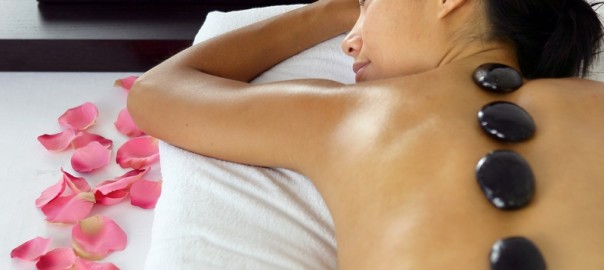There was a time when doctors focused only on the physical. They treated things that they could see, quantify and measure, while ignoring everything else. The state of modern health care is a clear indication that a single-minded approach to medicine does not work.
In spite of near-miraculous advances in medicine over the decades as well as a deeper understanding of the mechanics of our bodies, we are seeing more cases of chronic diseases and lifestyle-related problems than ever before. Rushed lives, bad diet, stress and environmental factors mean that even with all those advances, we’re still not as healthy as we should be.
This is part of the reason why even traditional medical practitioners are turning to integrative medicine more frequently.
What Is Integrative Medicine?
Integrative medicine is a holistic approach to health that incorporates traditional medicine and its focus on the mechanics of the body, but also includes mental health, spiritual wellness and even environment.
It is not strictly limited to natural cures, natural healing, complementary medicine or any other element of the medical spectrum, but aims to combine them all in a health care approach that is best for the patient.
Because integrative medicine encompasses so many different areas of medicine, it can also be a collaborative approach, with western doctors working with alternative health practitioners, acupuncture specialists and many other specialists to create and deliver a whole-body approach to health and wellness.
How Prevalent Is Integrative Medicine?
There was a time when natural cures were written off as irrelevant by the world of conventional medicine. But as their benefits are proved time and again in study after study, more and more medical professionals are incorporating nontraditional methods of natural healing into their health plans for their patients.
Patients with stress-related heart conditions, for instance, are being treated by their cardiologists but are also referred to yoga practitioners so they can learn stress management techniques that support their medical treatment. Patients with cancer might be referred to an acupuncturist to assist with pain, while simultaneously using traditional cancer treatments, dietary changes and counseling to manage other elements of their condition.
The fact is that integrative medicine is pervasive and becoming more so, because it has proven health benefits.
Whole Life Medical Solutions
Perhaps the best way to look at integrative medicine as a method of natural healing is to see it as a “whole life” approach to health, rather than limiting treatment to the body.
By incorporating acupuncture, biofield therapies, guided imagery, hypnotherapy, mindfulness and yoga with more traditional medical treatments, your medical team can address all elements of your overall health at the same time, and that means better, longer-lasting health results.
Ideally, your traditional medical team should be able to help you find the right combination of conventional, alternative and natural cures to treat every aspect of your body, not just the causes and symptoms of your main condition. If not, don’t be afraid to seek out an integrative medical practice that can supplement your treatments. It is your body and your life, and if you feel that you should be treating all aspects of it, there are solutions out there.




